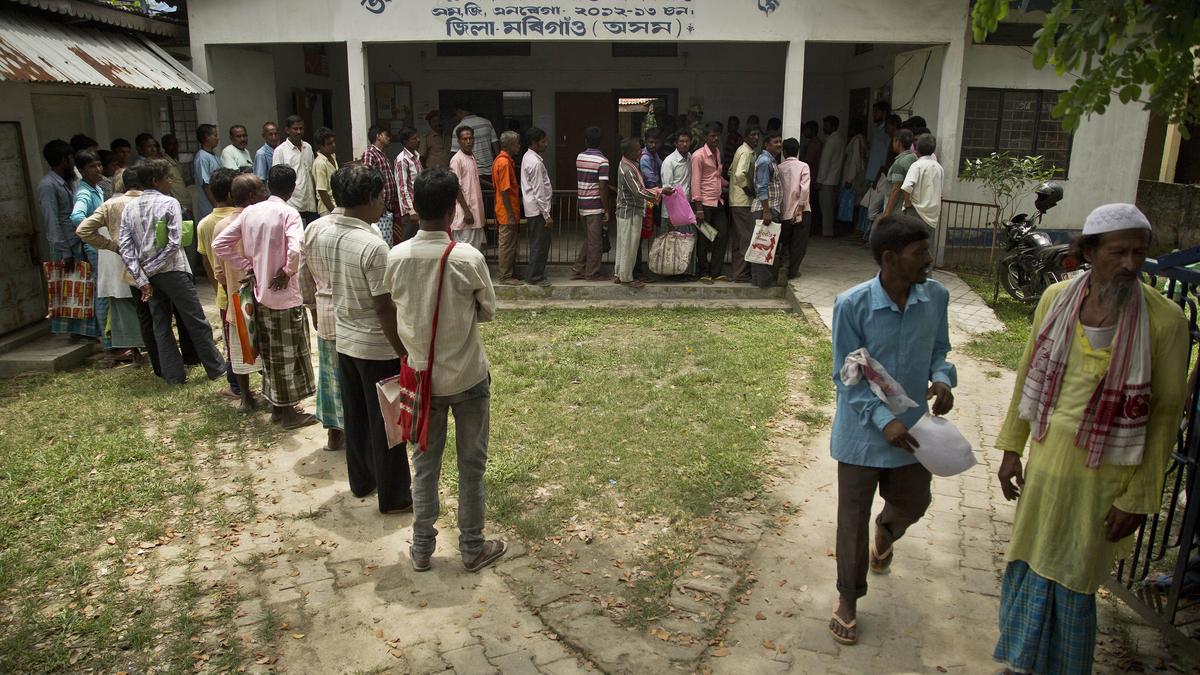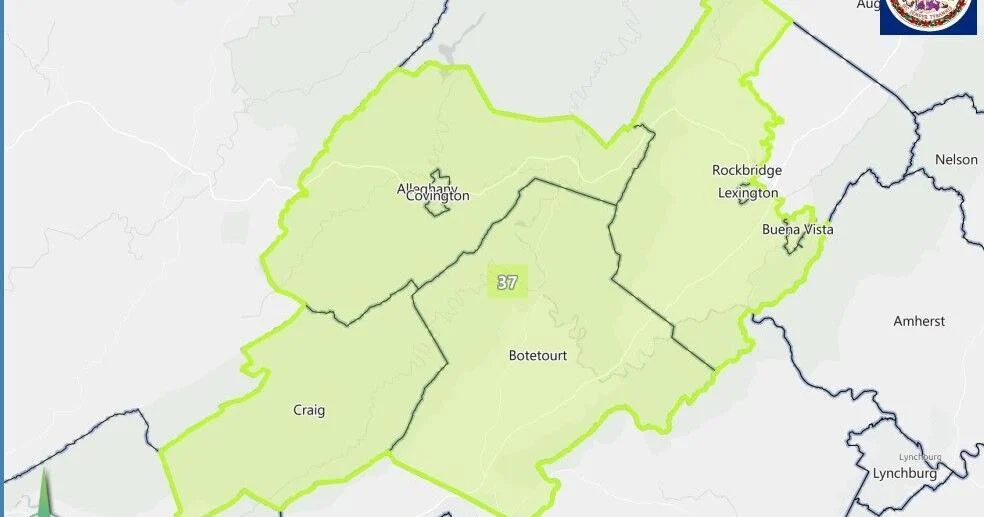By Alok Ranjan
Copyright thehindu

Ranjan, A. (2025). Provincial Citizenship: Jharkhand Domicile, Migration and Politics of Scale. Studies in Indian Politics, forthcoming (published online, September 2025)
Mobility in its many forms has long been considered core to the notion of progress and the formation of civilisation. Conversely, sedentarism—the practice of living in one place—emerges from the need to link property, descent, and lineage to the control of resources. World history is replete with the caravan trails of tribes, pastoralists, traders, and soldiers. This historical context of mobility is reinforced by today’s global networks, which facilitate a new world defined by the flow of not only goods, services, and capital but also labour. This, of course, alludes to globalisation—a force that has affected our social, cultural, political, and economic standpoints, as well as our very perspectives and identities.
A matter of concern
Given this backdrop, it’s curious that while the idea of mobility has expanded, our physical mobility often remains restricted, particularly when it comes to seeking livelihoods outside one’s home State. Despite the precarity of migrant workers becoming painfully evident during the COVID-19 pandemic, Indian metropolises remain the most coveted destinations for destitute rural workers from different States.
More recently, in the wake of the National Register of Citizens (NRC) updation and the Special Intensive Revision (SIR) of Electoral Rolls, the mistreatment of migrant labour in various cities has become a matter of national debate and anxiety. While there has been an upsurge of a media-fed ‘public mood’, the ‘public mind’ needs to be nudged toward a deeper engagement with complex issues like inter-state migration.
In this regard, it’s worth reflecting on provocative discussions in academic forums where fresh insights, such as “provincial citizenship” (a term pitched by Alok Ranjan, a PhD candidate at JNU), are sparking deep reflection. Following Ranjan’s lead, it is meaningful to explore the idea of inter-state migration for a broader audience, especially for those who might think this issue only concerns the directly affected or the policymakers tasked with providing relief.
Ranjan’s work reflects on inter-State migration and how it has drafted a new chapter in the “politics of domicile” within India’s democratic body politic, though this operates only at the provincial level. “Provincial citizenship” emerges from nativist politics rooted in an emotional belonging to a State, which gains immediate leverage in regional electoral politics. In the process, the entanglement of spatial identity, freedom of movement, and citizenship allows domicile to surface as a new category for political mobilisation. Crucially, these tendencies accentuate the significance of States as sites of citizenship, even at a time when a more inclusive, national-level citizenship is being emphasised as the fulcrum of Akhanda Bharat (Undivided India).
Domicile as a Political Instrument
Following Ranjan, we see that a close scrutiny of States like Jharkhand, Jammu and Kashmir (J&K), and Assam can help us understand how domicile becomes a potent political instrument. In J&K, domicile policies were implemented after the 2019 abrogation of its special status as a measure of inclusive politics to safeguard minorities (like the Valmikis, Gorkhas, and West Pakistan refugees). Jharkhand, however, represents a case where domicile was used to articulate majoritarian grievances against the perceived influence of a minority elite in a State formed in 2000. Backed by its unique history, the politics of domicile in Jharkhand departs from the norms seen in Sixth Schedule regions. It tends to encompass the whole State, superseding the nation’s federal structure and questioning the national citizenship rights guaranteed by Article 16(2) of the Indian Constitution.
Attaining statehood did not resolve sub-nationalist politics in Jharkhand. Instead, these sentiments were channelled into a democratic politics of domicile after 2000. This transition challenges the “one nation, one citizenship” ideal. Here, the notion of a single national citizenship is undermined by the efficacy of the unofficially constructed idea of provincial citizenship, whose political importance can render the national framework inadequate.
Jharkhand’s experience also suggests that conflicts between the interests of internal migrants and the concerns of provincial citizenship cannot be democratically adjudicated within the existing political structure, often requiring the Supreme Court’s intervention.
This “unofficial” provincial citizenship problematises the official idea of a singular Indian citizenship. It creates a contest over definitions of ‘native’, ‘indigenous’, ‘Adivasi’, ‘local’, or ‘son of the soil’ that exist alongside the identity of an Indian citizen.
The newness of an old idea
The problem of internal migrants in provincial contexts is not new. Myron Weiner, in his book Sons of the Soil: Migration and Ethnic Conflict in India (1978), was perhaps the first to assess the social and political consequences of internal migration in States like Maharashtra, Bihar, and Assam. More recent coinages like “citizen-outsiders” (Roy 2010), “differentiated citizenship” (Jayal 2013), and “paused citizens” (Sharma 2024) “hyphenated nationality” (Sarkar 2025) have enriched our vocabulary for analysing this issue.
It is also relevant to consider the recommendations of the States Reorganisation Commission (SRC) of 1955. The members of the SRC anticipated the problems of discrimination and exclusion arising from domicile policies. They were greatly concerned about these rules, finding them inconsistent with Articles 15, 16, and 19 of the Constitution and contrary to the very concept of Indian citizenship. The members stated: “We do not feel called upon to pronounce on the purely legal aspects of these restrictions, but we have no doubt whatsoever that their total effect is the exact opposite of what was intended by the Constitution” (SRC Report 1955, p. 230).
The SRC Report recommended that domicile rules should be replaced by appropriate Parliamentary legislation, warning that “Otherwise, the concept of a common Indian citizenship would have no meaning” (pp. 230-231). In many respects, the concept of provincial citizenship echoes these decades-old warnings. Its newness lies in how this concept has transcended the passivity of a written report to become an active and grave reality.
(Swatahsiddha Sarkar teaches at the Centre for Himalayan Studies, University of North Bengal, Darjeeling, West Bengal)



